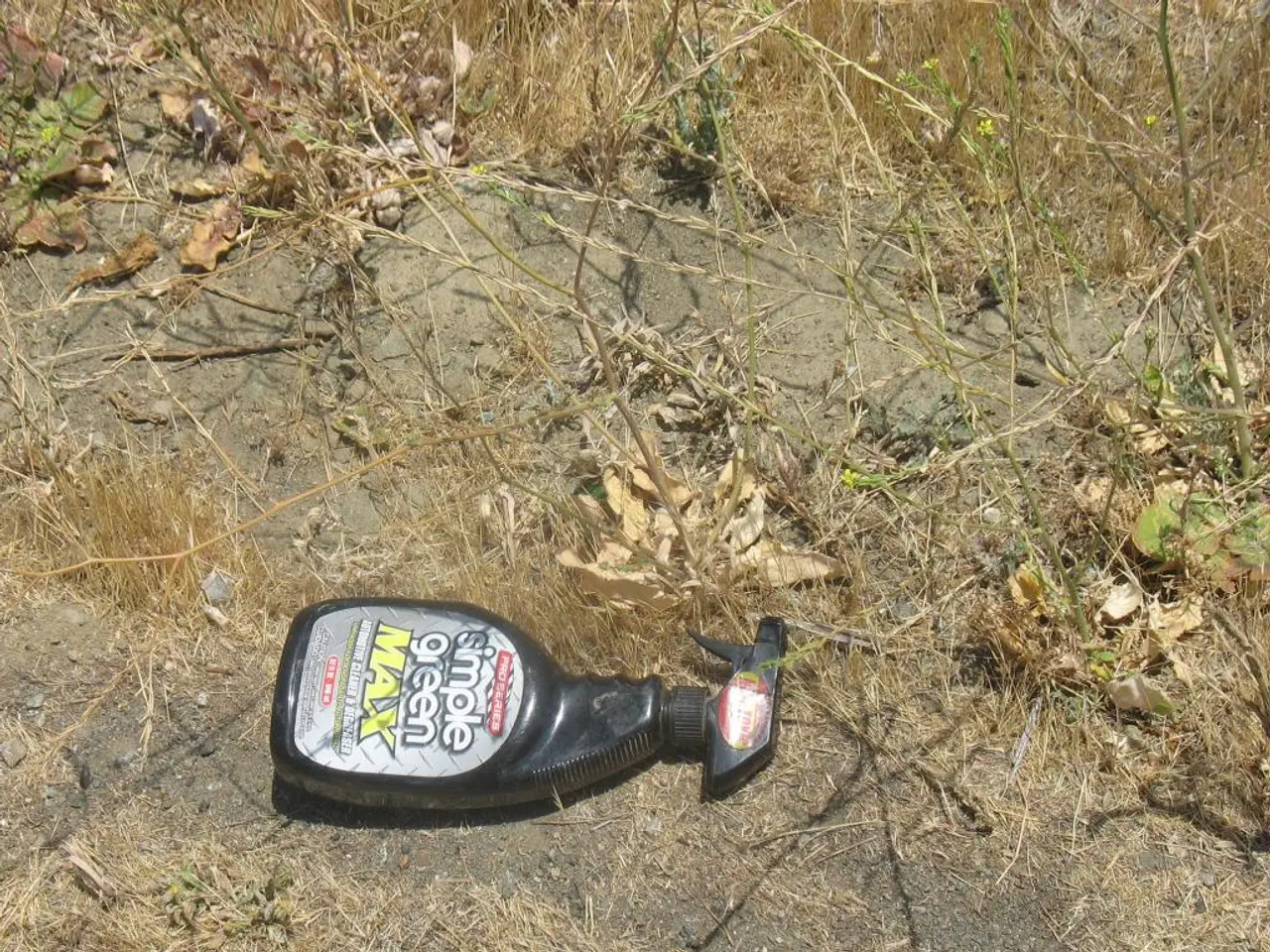Essential Soil pH for Plant Survival
In the world of horticulture, maintaining the correct pH level in soil is of paramount importance for ensuring plants receive sufficient nutrients and promoting healthy soil life. However, a low pH, or acidic conditions, can have detrimental effects on both nutrient availability and plant health.
Firstly, low pH can cause nutritional imbalances. Essential nutrients such as nitrogen, phosphorus, potassium, calcium, and magnesium become less available in acidic soils, potentially leading to deficiencies. In some cases, this can result in symptoms such as stunted growth, yellow leaves, brown spots, reddish-purple edges, and blossom end rot in fruits.
Moreover, a low pH can disrupt the balance of nutrients required by plants, causing nutrient lockout, particularly for calcium and magnesium. This can slow down, denature, or even stop enzymes in the plant, disrupting photosynthesis, the process by which plants convert light energy into chemical energy.
Acidic conditions can also impact the structure and breakdown of organic substances and beneficial microorganisms in the soil. This can further exacerbate nutrient deficiencies and inhibit plant growth.
To prevent these issues, growers should regularly check and maintain pH levels. A pH meter and pH adjuster can be useful tools in managing soil pH levels. Inorganic fertilisers may increase the risk of nutrient lockout, so organic fertilisers like compost or manure are often a better choice for soil-based plants.
In hydroponic systems, adding nitrogen-specific additives can help address nitrogen deficiencies caused by low pH. Persistently low pH can decrease water uptake activities in plants, inducing water stress and inhibiting photosynthesis. To address this, it may be necessary to stop feeding the plants and flush them with pH-balanced water.
In conclusion, acidic soils reduce nutrient availability, inhibit root function, degrade soil structure affecting water use efficiency, and ultimately reduce plant productivity and photosynthesis. Correcting soil pH through liming or other amendments can mitigate these issues and improve overall plant health and yield.
Indoor plants, often a part of home-and-garden lifestyle, can be affected by acidosis, similar to their soil-based counterparts. Insufficient nutrient availability due to low pH levels can cause symptoms such as stunted growth, yellow leaves, and blossom end rot in fruits, just as in outdoor plants. To maintain these indoor plants' health and growth, it's crucial to regularly check and adjust the pH with a pH meter and pH adjuster.




